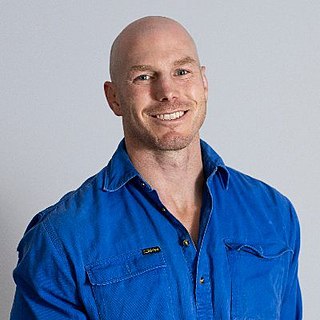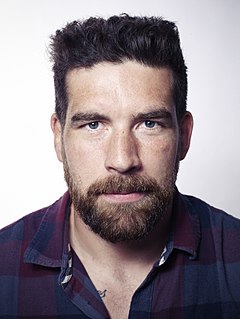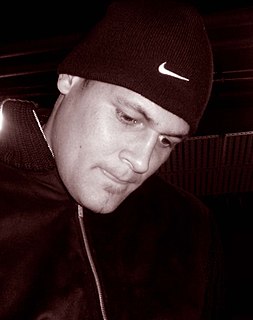A Quote by Richard Brown
[T]he commitment of time, money and man power necessary for a capital case is enormous and it takes from other cases. But I think what bothers me most is that it offers to the families of the victims and the survivors a false sense of closure.
Related Quotes
The idea that murder victims' families are best served by continuing the cycle of violence is something that I consider to be not only a lie, but criminally negligent. You lie to victims' families when you tell them they're going to receive closure if they participate in the process and witness the execution of a human being.
The Jesuits are a MILITARY organization, not a religious order. Their chief is a general of an army, not the mere father abbot of a monastery. And the aim of this organization is power - power in its most despotic exercise - absolute power, universal power, power to control the world by the volition of a single man. Jesuitism is the most absolute of despotisms - and at the same time the greatest and most enormous of abuses.
I think it's just been a core part of the Cuban revolution to have a very high level of internationalism. I mean, these cases you've mentioned are cases in point, but the most extreme case was the liberation of Africa. Take the case of Angola for example, and there are real connections between Cuba and Angola-much of the Cuban population comes from Angola.
The profession of shaman has many advantages. It offers high status with a safe livelihood free of work in the dreary, sweaty sense. In most societies it offers legal privileges and immunities not granted to other men. But it is hard to see how a man who has been given a mandate from on High to spread tidings of joy to all mankind can be seriously interested in taking up a collection to pay his salary; it causes one to suspect that the shaman is on the moral level of any other con man. But it is a lovely work if you can stomach it.
I feel a lot of sympathy for the young women I've written about, including Younger Janice. I think that all of them (me in Girlbomb, Samantha in Have You Found Her, and Elizabeth in I, Liar) had some early family trauma that contributed to their dysfunctional methods of dealing with the world, but I wouldn't call them/myself victims - survivors, maybe, but not victims. Nor do I think of them/myself as con artists.




































